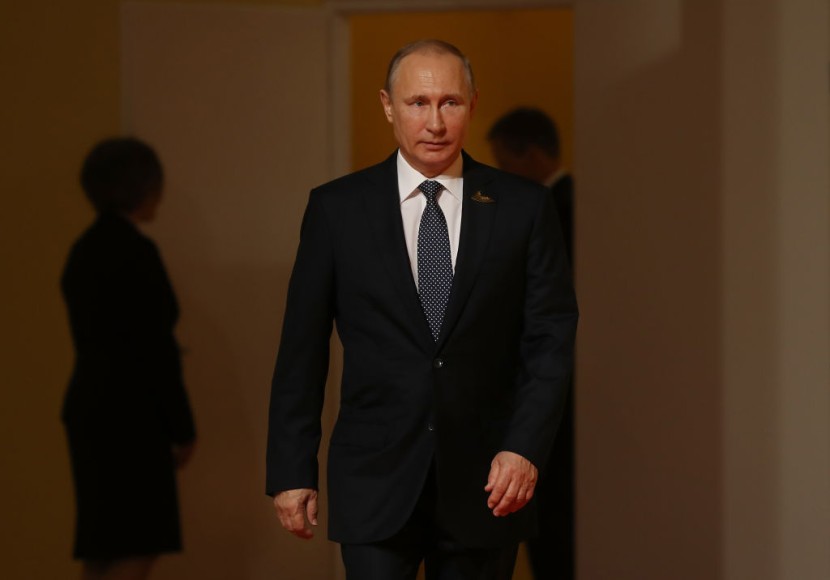
Russia announces it will abandon the Open Skies treaty when the U.S. left the Nuclear agreement earlier. Without a nuclear deal, both will not put a cap on their nuclear arsenal, with China free to increase its number of warheads.
Nuclear deals are vital to control the number of nuclear warheads possessed by the superpowers. It essentially determines the proliferation of deadly arms. During the cold war, it kept a status quo between the former Soviet Union and the United States.
On Friday, Russian declared that it would back out from a treaty allowing either nation to do overflights to surveil military bases. Last year the U.S. exited from it. No agreement was reached in the final days of the Trump administration, reported The Epoch Times.
The incoming administration will have to face Vladimir Putin, who took time to acknowledge the announced electoral winner of U.S. presidential polls.
Russia's Foreign Ministry released a statement with the U.S. exiting because it did not agree to the sanctioned and legal overflights as part of the nuclear agreement. Saying the action upset the signatories' interests and Moscow's attempt to keep the nuclear deal going was not received. They even got cold-shoulder and ignored American allies.
According to the Foreign Ministry of Russia, they would start withdrawal procedures from the nuclear pact, which is not progressing well. To be finalized, the atomic accord approved in 2001 will get a final vote by the Russian parliament to abandon it.
The Open Skies treaty is supposed to create trust between the Western powers and Russia by allowing overflights to check military activity and military strength. Members of the pact must agree to it.
Also read: Nuclear Disarmament With Russia and US Will Begin, But China Refuses to Join
To date, about 1500 overflights on territories have been done. Allowing these flight means no nation is trying to hide anything of significant military worth and everything for arms control.
U.S. President Donald Trump opted out of the overflight agreement because Russian committed violations that make the U.S. exit from it. November last year, the U.S. withdrew from it 100% percent.
Moscow denied the allegations of violating the pact established in 2002. Diplomacy by the European Union asked the U.S. to return to the deal. Russia is requested to reconsider flight restrictions over the westernmost Kaliningrad region. It lies in the middle of NATO allies Lithuania and Poland.
Russia mentioned the limitations of overflights on Kaliningrad, with a significant base that is negotiable but pointed out the U.S. has an extensive restriction on rules and how to overflight Alaskan territories.
The Kremlin asked one condition to stay in the open skies pact but was not convinced that NATO would keep data collected from overflights to themselves. Russia wants the intel to remain with U.S. allies only.
According to Leonid Slutsky, head of the foreign affairs committee (lower house) of the Russian parliament said that options are open for Russia on Friday. He added if the U.S. agrees to the pact is not assured.
Moscow said the abandonment of the U.S. is dangerous; a situation of uncertainty is present and tenuous.
The end of the Open Skies Treaty with the U.S. and Russia leaving in 2019 affects the Intermediate-Range Nuclear Forces Treaty. When the next U.S. administration starts negotiating New START, treat is needed.
Related article: Pentagon Gauging How Fast Nukes Can Be Armed If New START is Not Renewed
© 2026 HNGN, All rights reserved. Do not reproduce without permission.








